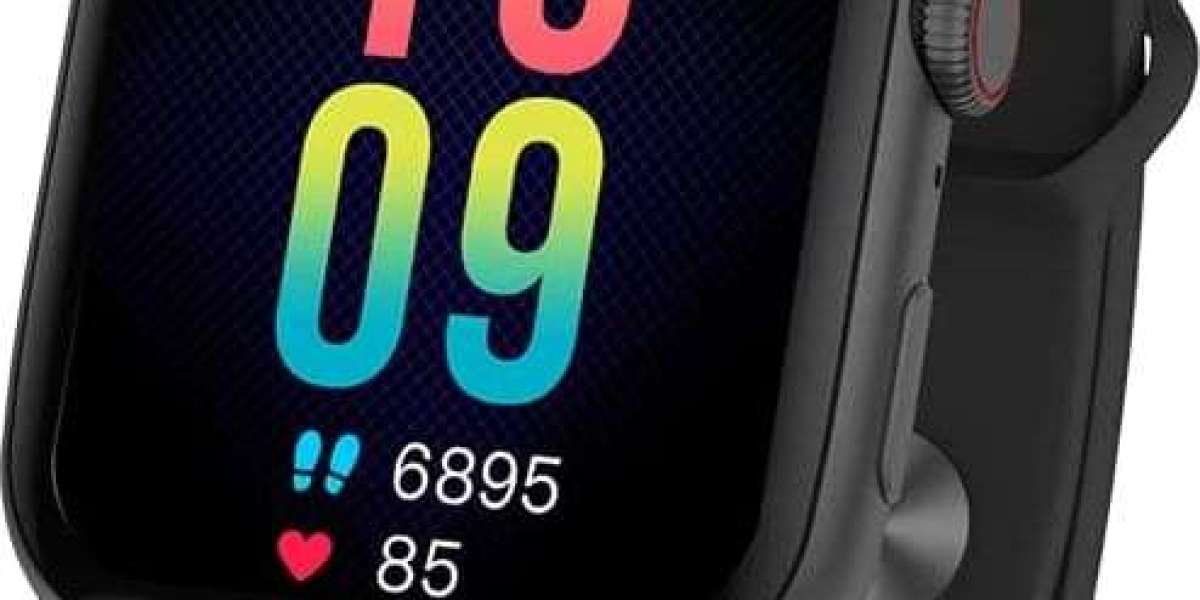The important of wearable computer to health benefits.
Introduction: Wearable computers have become an integral part of modern life, offering convenience and connectivity on the go. From fitness trackers to smartwatches, these devices are designed to seamlessly integrate into our daily routines. While the primary focus has often been on their technological features, it's essential to explore the profound impact wearable computers have on our health.1. Fitness Tracking and Physical Well-being: One of the most significant contributions of wearable computers is their role in promoting physical health. Fitness trackers monitor activities such as steps taken, distance covered, and calories burned, encouraging users to adopt a more active lifestyle. This real-time feedback serves as a motivational tool, fostering a sense of accountability and awareness about personal fitness levels.2. Health Monitoring and Early Detection: Wearable devices equipped with health sensors can monitor vital signs, such as heart rate, sleep patterns, and even blood oxygen levels. Continuous tracking allows for the early detection of irregularities or deviations from baseline values. This proactive approach empowers users to seek medical attention promptly, potentially preventing or mitigating health issues.3. Stress Management: Some wearables are designed to measure stress levels by analyzing heart rate variability. This feature provides insights into the user's stress patterns and prompts interventions, such as guided breathing exercises or relaxation prompts. By addressing stress in real-time, wearables contribute to overall mental well-being.4. Sleep Tracking and Improvement: Many wearable devices offer sleep tracking capabilities, monitoring the duration and quality of sleep. Users gain valuable insights into their sleep patterns, identifying areas for improvement. This information can lead to healthier sleep habits, positively impacting cognitive function, mood, and overall mental health.5. Behavior Modification and Healthy Habits: Wearables often employ gamification and goal-setting features, turning health management into a more engaging and rewarding experience. By setting achievable targets and receiving instant feedback, users are motivated to adopt and maintain healthier habits, such as regular exercise, proper hydration, and improved nutrition.6. Remote Health Monitoring: In the context of chronic diseases or postoperative care, wearable devices facilitate remote health monitoring. Healthcare professionals can access real-time data, allowing for more personalized and timely interventions. This not only improves patient outcomes but also reduces the burden on healthcare systems.7. Accessibility to Health Information: Wearables provide users with immediate access to health information, fostering health literacy. From medication reminders to personalized health tips, these devices empower individuals to make informed decisions about their well-being.Conclusion: Wearable computers have evolved beyond mere gadgets; they have become indispensable tools for promoting holistic health. By combining technology with health monitoring, behavior modification, and accessibility to information, wearables contribute significantly to our overall well-being. As technology continues to advance, the potential for wearables to positively impact health is bound to grow, ushering in a new era of personalized and proactive healthcare.
 Планируете заказать аттестат у надежного исполнителя? Заходите!
Планируете заказать аттестат у надежного исполнителя? Заходите!
 Как возможно быстро приобрести аттестат в онлайн магазине
Как возможно быстро приобрести аттестат в онлайн магазине
 Taste, Explore, Discover the Must-Visit Places in Kuala Lumpur for Every Type of Traveler
By Zahra zaik
Taste, Explore, Discover the Must-Visit Places in Kuala Lumpur for Every Type of Traveler
By Zahra zaik Интернет магазин, в котором возможно заказать диплом университета
Интернет магазин, в котором возможно заказать диплом университета
 Ценообразование дипломов - обзор специалистов
Ценообразование дипломов - обзор специалистов



